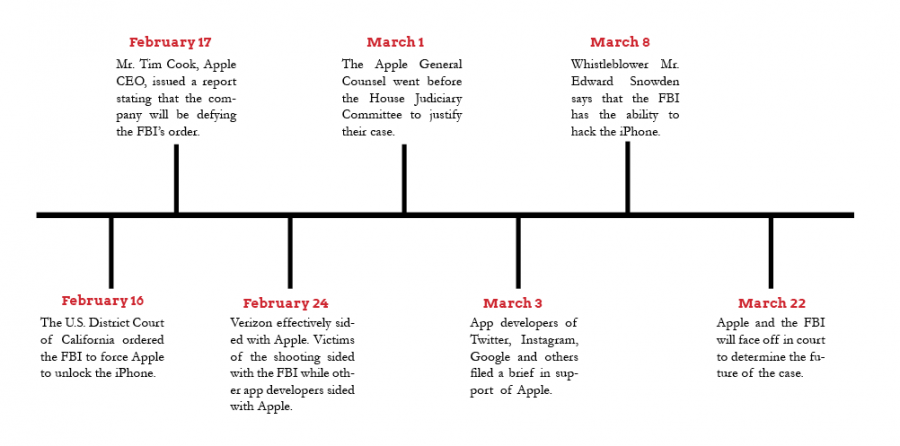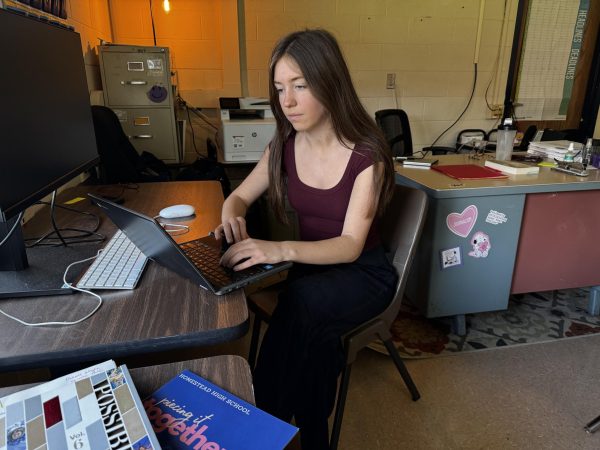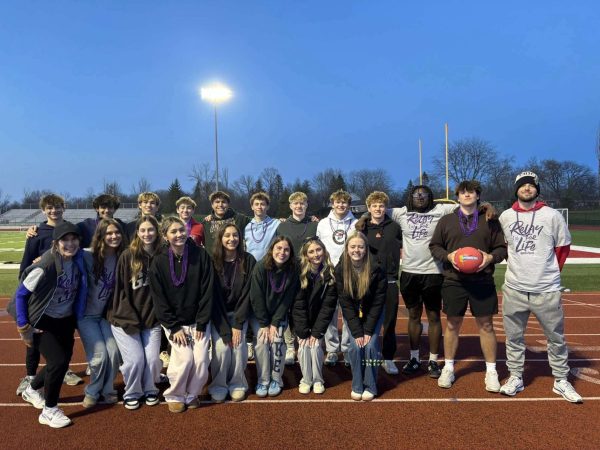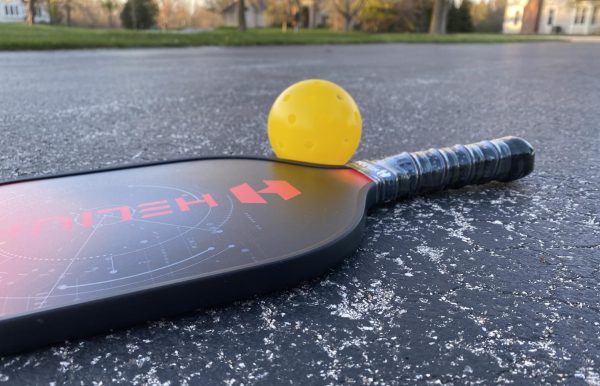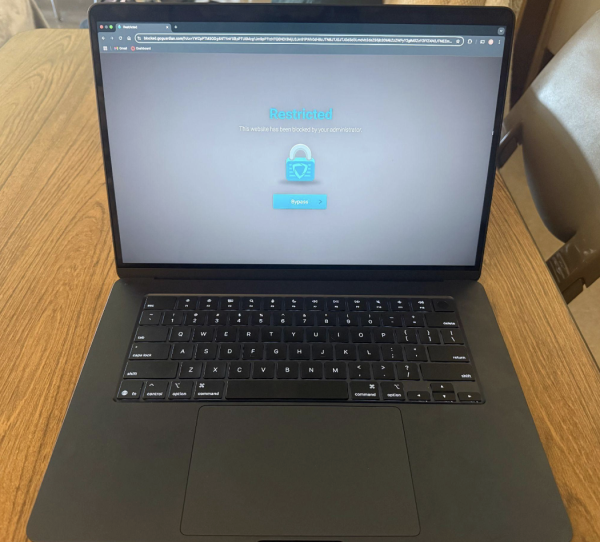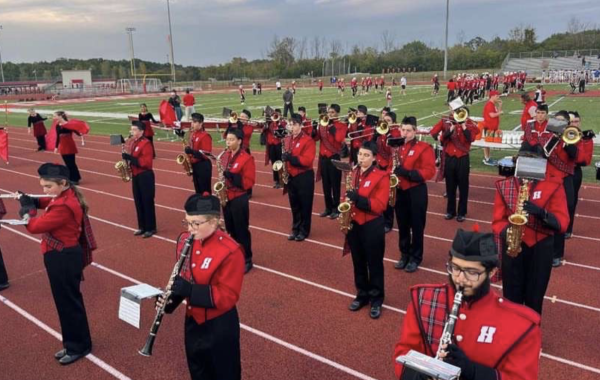Apple vs. the FBI: Decoding the current encryption debate
On Feb. 16, a U.S. District Court from California ordered Apple to help the Federal Bureau of Investigations (FBI) unlock an iPhone used by one of the killers from the San Bernardino attacks. Following the request, Apple sent a letter to the FBI, challenging the court’s request and refusing to unlock the iPhone. As a result, the encryption battle between the government and Apple began.
According to the New York Times, The FBI asked Apple to examine the iPhone used by Mr. Syed Farook to determine whether the shooting was directly affiliated with ISIS. The iPhone found in the shooting is locked by a password, which the FBI wants Apple to circumvent.
However, in order for Apple to unlock the iPhone, Apple would have to build a new software to allow the FBI to bypass the restrictions. Apple claimed that the software would give anyone the “potential to unlock any iPhone in someone’s physical possession.”
Essentially, the court is ordering Apple to disable an iPhone feature that would delete all of the phone’s data after ten incorrect password attempts have been entered. While this is meant to allow the government to try an unlimited number of passwords without the phone erasing the stored information, this could also allow for the hacking of every iPhone.
Recently, Apple has been arguing with the FBI that the software is theoretical, and that it cannot be created. “The engineers who built strong encryption into the iPhone to protect our users would, ironically, be ordered to weaken those protections and make our users less safe,” Mr. Timothy Cook, chief executive of Apple, said.
While Apple’s intervention in the case is preferable, the FBI could also ask Verizon, the carrier of the iPhone, or other application developers to provide information on the phone.
Currently, the FBI is working with the creators of “Whatsapp” in order to gain access to some of Mr. Farook’s messages. The information already provided to the FBI has helped advance the case, yet the majority of the needed data is not accessible without Apple’s intervention.
Apple’s lawyers have repeatedly argued that the government doesn’t understand the technical issues of the case, criticizing the FBI for being too “confused or reckless and careless” in addressing the growing issue. Apple and the FBI will face off in court on March 22 to further decide the course of action for the case.
“It has become crystal clear that this case is not about a ‘modest’ order and a ‘single iPhone,’” Apple’s report reads. “Instead, this case hinges a contentious policy issue about how society should weigh what law enforcement officials want against the widespread repercussions and serious risks their demands would create.”

Sasha Milbeck is the senior Editor-in-Chief of Highlander Publications. Sasha is a self-diagnosed fontaholic and could spend all day in Room 405 if she...

